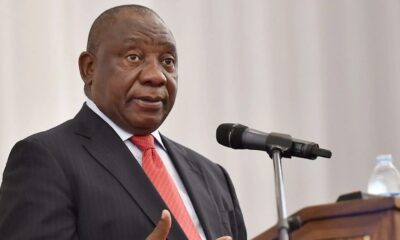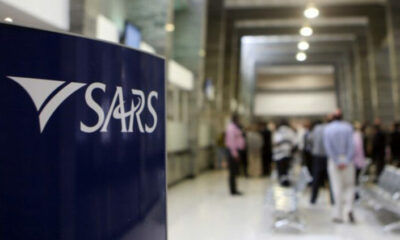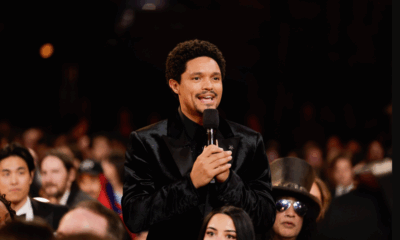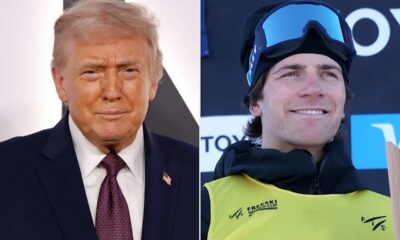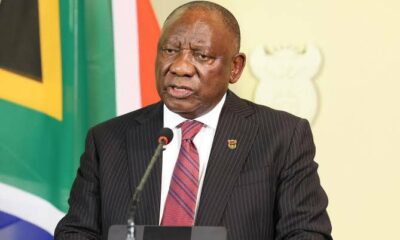News
Trump’s G20 Summit Boycott Sparks Diplomatic Firestorm in South Africa
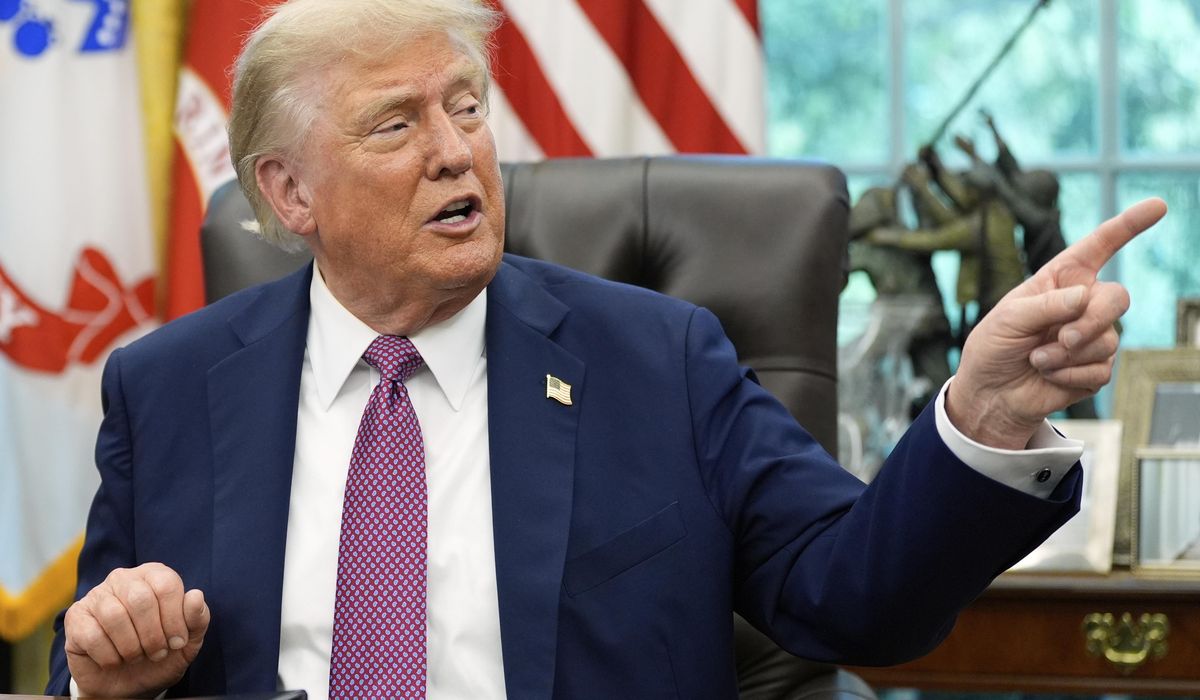
Trump’s G20 Summit Boycott Sparks Diplomatic Firestorm in South Africa
US President Donald Trump’s abrupt decision to boycott the upcoming G20 Summit in Johannesburg has thrown South Africa’s diplomatic circles into disarray, igniting a storm of political reaction, racial debate, and questions about the future of SA-US relations.
The boycott, reportedly linked to Trump’s renewed claims of a “genocide of white South Africans”, has rattled Pretoria ahead of what was meant to be a landmark summit, as South Africa prepares to hand over the G20 presidency to the United States.
A diplomatic snub or political theatre?
ANC secretary-general Fikile Mbalula didn’t mince his words, accusing Trump of “deliberately distorting South Africa’s democracy” to fuel racial divisions ahead of next year’s US elections.
“South Africa’s democracy is not built on hate,” Mbalula said in a statement, adding that Trump’s rhetoric was “a dangerous attempt to score points at home by vilifying another nation.”
On the other side of the political aisle, opposition parties warned that South Africa’s foreign policy missteps might have contributed to the fallout. Ryan Smith, the DA’s spokesperson on international relations, criticised what he called “the ANC’s reckless flirtations” with countries such as Iran, suggesting that such alliances have undermined South Africa’s credibility with major Western partners.
AfriForum: “We’re reaping the bitter fruits”
Civil rights group AfriForum, often vocal about farm murders and minority rights, said it had long warned that the government’s handling of the issue would strain ties with Washington.
CEO Kallie Kriel said, “The ANC cannot fix this relationship by downplaying legitimate concerns the US has. The strategy failed and now the entire country is paying the price.”
He went further, urging President Cyril Ramaphosa to publicly condemn the controversial “Kill the Boer” song and to classify farm murders as a priority crime, saying such steps could “go a long way in repairing trust.”
Analysts: “A diplomatic failure years in the making”
Political analyst Roland Henwood described Trump’s withdrawal as “a major diplomatic setback” for South Africa.
“This means the symbolic handover of the G20 presidency, from South Africa to the US won’t happen at the summit,” Henwood noted. “That’s more than just optics; it’s a reflection of deeper cracks in diplomatic relations.”
Henwood added that South Africa’s foreign policy had “failed to anticipate or mitigate” Trump’s aggressive posturing. “Keeping Trump on your side is almost impossible if you’re not a superpower. But our government’s missteps didn’t help either,” he said.
Experts question Trump’s motives
While some see the boycott as a geopolitical statement, others believe it’s simply Trump being Trump.
Political analyst Piet Croucamp suggested that the decision might have been made “without proper consultation” within Trump’s own administration. “He’s doubling down on misinformation much like he did when he spoke about ‘communists being exported from South Africa’ to the US. It’s reckless political theatre,” Croucamp said.
At North-West University, senior lecturer Benjamin Rapanyane dismissed the impact of Trump’s absence, saying, “He acts like the world’s president, but the G20 doesn’t begin and end with him. South Africa will hand over the presidency, even if it’s to an empty chair.”
A strained friendship on the global stage
Trump’s boycott underscores a wider trend of strained relations between South Africa and Western powers, particularly over issues like global alignment, neutrality in the Russia-Ukraine conflict, and controversial trade stances.
For many South Africans, the boycott feels symbolic of something deeper: a growing gap between how the world sees the country’s democracy and how South Africans live it daily, with resilience, debate, and a refusal to be defined by outside politics.
As one social media user posted on X (formerly Twitter):
“Trump not showing up says more about him than about us. We’ve survived tougher snubs before.”
Whether symbolic or strategic, Trump’s absence at the Johannesburg summit leaves South Africa with a moment of reflection, on its diplomacy, its identity, and its place in a shifting global order.
{Source: The Citizen}
Follow Joburg ETC on Facebook, Twitter , TikTok and Instagram
For more News in Johannesburg, visit joburgetc.com

